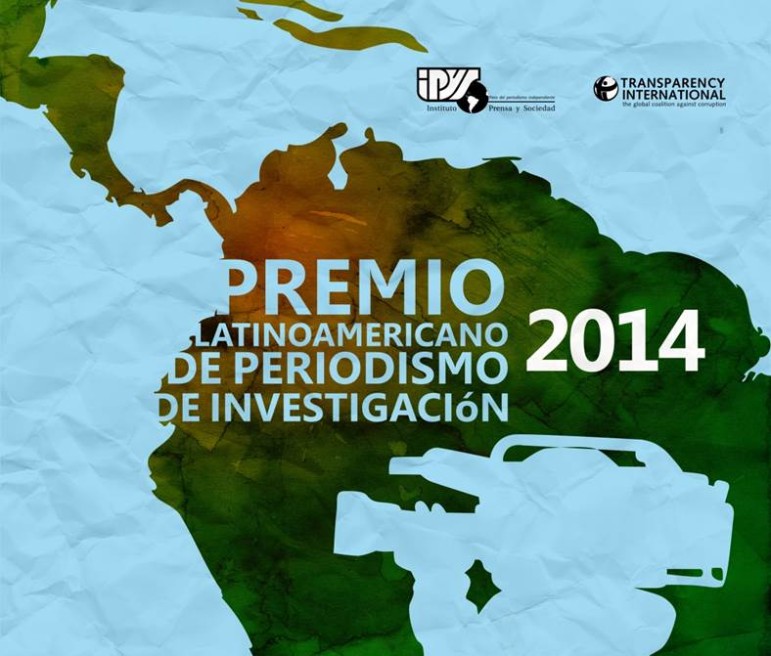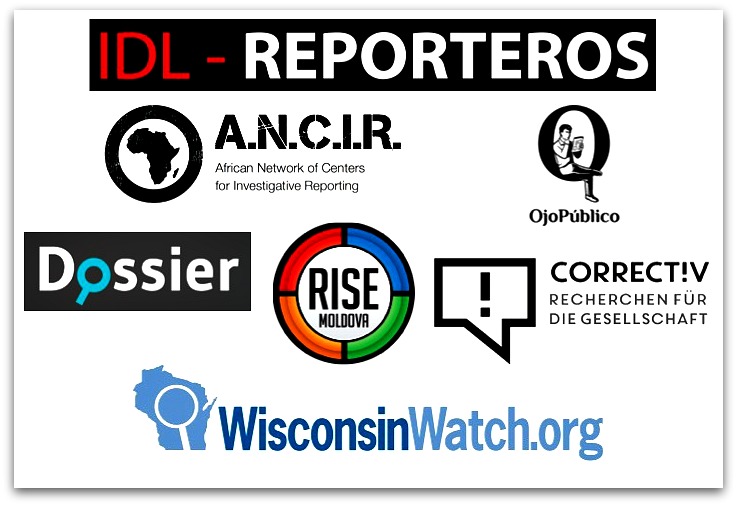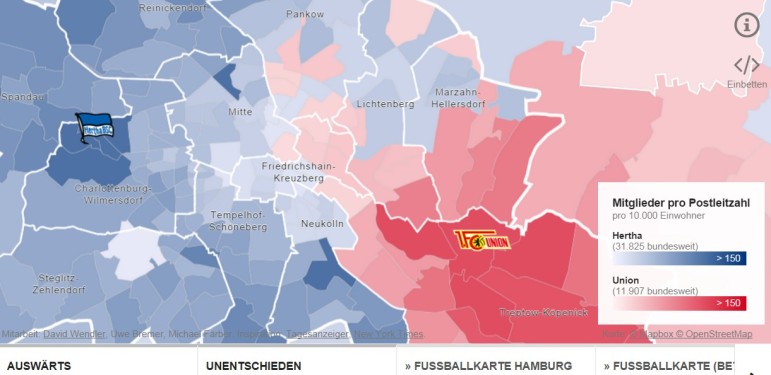
Posts


News & Analysis
Financial Crime Stories Shine in 2014 Latin American IJ Awards
Exposés of questionable financial transactions in Argentina, Trinidad, and Mexico led the 2014 Latin American Investigative Journalism Awards, announced over the weekend in Mexico City. Judging by the strength and breadth of the 14 finalists, investigative journalism is alive and well across Latin America. First prize went to “El señor de los hoteles y el socio de la Presidenta” (“The Lord of the Hotels and the President’s Partner”) by Hugo Alconada and Mariela Arias of Argentina’s La Nación.

Data Journalism
Open Data in the 21st Century City
I was on a call recently with some CIO’s and CTO’s from different American cities who were lamenting about the lack of political interest in open data. They complained that hackathons and data jams are succeeding in building vibrant communities of developers in their cities but that politicians just aren’t into this. They don’t see the value and they rarely show up to participate. I’ve seen the same trend in Europe, Asia, and Africa.

Methodology Teaching & Training
Document of the Day: U.S. Secret Service Contract for “Dark Web” Research
Paper trails have always been of great interest to investigative journalists. Digging into documents can tell a great deal about people, organizations, and what they’re up to. Here’s today’s Doc of the Day, a contract recently filled by the U.S. Secret Service, the law enforcement group charged with protecting the president and other political VIPs. It’s for “Dark Web Data Subscription.” More than 90% of the Web is thought to be unsearchable by Google and other common search engines. This is often called the dark or deep Web, and it includes sites behind firewalls and passwords, unusual formats, criminal and other hidden networks, and lots and lots of databases.

Investigative Groups in Six Countries Join GIJN
GIJN’s Board of Directors admitted seven new members this week, bringing our membership to a record 108 organizations in 46 countries. Please join us in welcoming: ANCIR, CORRECT!V, Dossier, IDL-Reporteros, OjoPúblico, RISE-Moldova, and WCIJ.

Data Journalism
Democracy Is the Business Case for Open Data

Methodology
When Comedy Meets Muckraking: “Fake” News Gets Investigative
You’ve probably seen the spoof broadcasts of The Daily Show and similar “fake” TV news programs: the realistic sets, the bogus “live” shots from overseas hot spots, the absurd interviews. While steeped in wisecracks and satire, the shows have a hard political edge and often stir controversy. Increasingly, in the absence of serious news from the “real” news media, they also are getting into actual journalism, prompting one scholar to call the phenomenon “investigative comedy.”

News & Analysis
Open Data Is Not Open for Business
Open Data should be Open, right? When I read “Open Data” I think it means the data can be used openly by anyone for any purpose. But it ain’t so. Read the fine print in the terms and conditions and you’ll quickly realize that Open Data really means wide open liability. How on earth can Open Data restore trust in government if the governments publishing their own Open Data won’t even accept responsibility for the quality of what they publish?

News & Analysis
World Hits 100 Freedom of Info Laws, but Challenges Abound
The civil society movement campaigning for government openness reached a significant landmark yesterday with the Latin American country of Paraguay enacting the world’s 100th access to information law. Twenty years ago, in 1994, there were just 15 access to information laws globally. But “there are still many challenges ahead,” says Helen Darbishire of Access Info Europe. “The quality of access to information laws varies enormously. There is insufficient transparency in practice and we urgently need more comparative data on how these laws are working.”
Resource
Top Ten #ddj: The Week’s Most Popular Data Journalism Links
What’s the data driven journalism (#ddj) crowd tweeting about? Here are the Top Data Journalism Links on Twitter for the last two weeks, September 3-17. Included are items from the crowdsourcing, cross-border project Generation E; Detective.io; ICIJ; Switzerland’s Le Temps; and Germany’s CORRECT!V, FAZ, and Berlin Morning Post.

